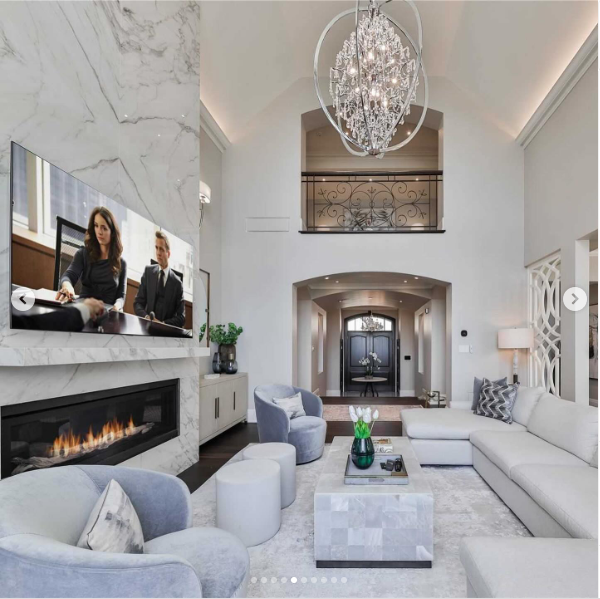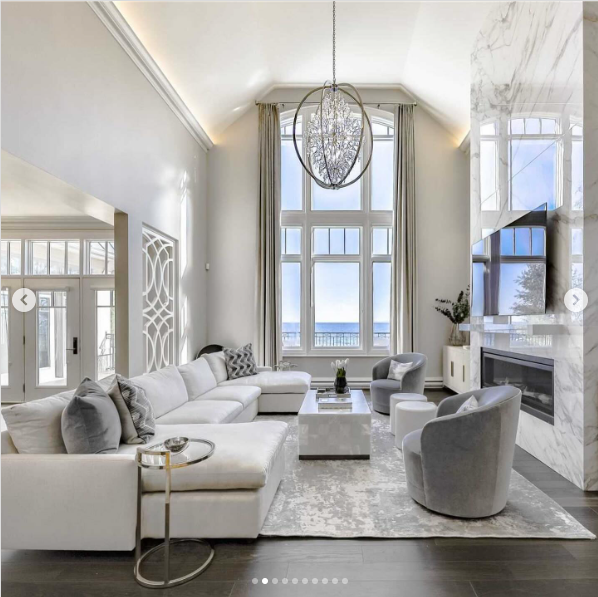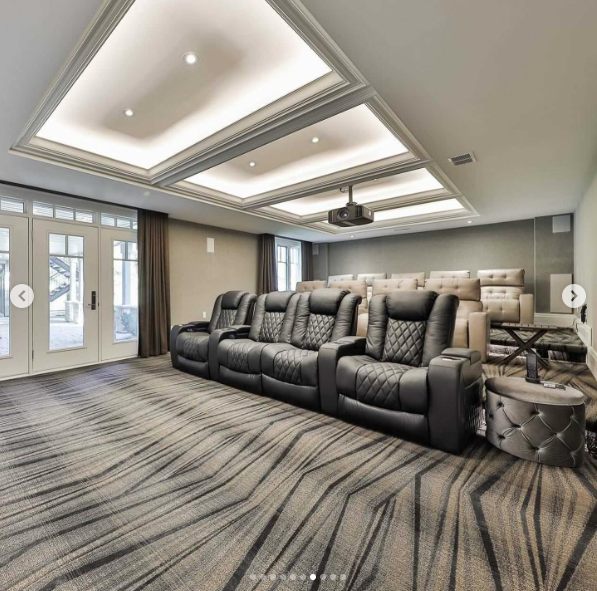

Despite the allure of luxury and extravagance, Gilgeous-Alexander came to the poignant realization that material possessions could not provide him with the fulfillment and contentment he sought. In a society that often equates success with wealth and possessions, Gilgeous-Alexander’s bold decision to sell his mansion served as a powerful reminder that true happiness cannot be bought or sold.

For Gilgeous-Alexander, the mansion represented more than just a lavish residence; it was a symbol of the pressures and expectations that come with fame and fortune. As he reflected on his brief stay within its walls, Gilgeous-Alexander realized that the pursuit of material wealth had led him astray from what truly mattered in life—relationships, experiences, and personal growth.

In a world where success is often measured by the size of one’s bank account, Gilgeous-Alexander’s decision to prioritize his well-being over material possessions served as a courageous act of self-discovery. By relinquishing his mansion, Gilgeous-Alexander demonstrated a profound commitment to living authentically and pursuing a path guided by his own values and aspirations.

As news of Gilgeous-Alexander’s decision spread, it sparked a dialogue about the nature of success and the importance of prioritizing mental and emotional well-being above all else. In a culture that often glorifies material wealth, Gilgeous-Alexander’s story served as a powerful reminder that true happiness cannot be found in possessions, but rather in the intangible moments that enrich our lives and nourish our souls.

Ultimately, Gilgeous-Alexander’s decision to sell his mansion was not just about letting go of a property, but about reclaiming his autonomy and forging a path that aligned with his deepest desires. And as he embarked on this new chapter of his journey, Gilgeous-Alexander served as an inspiration to countless others who sought to find meaning and fulfillment beyond the confines of material wealth.